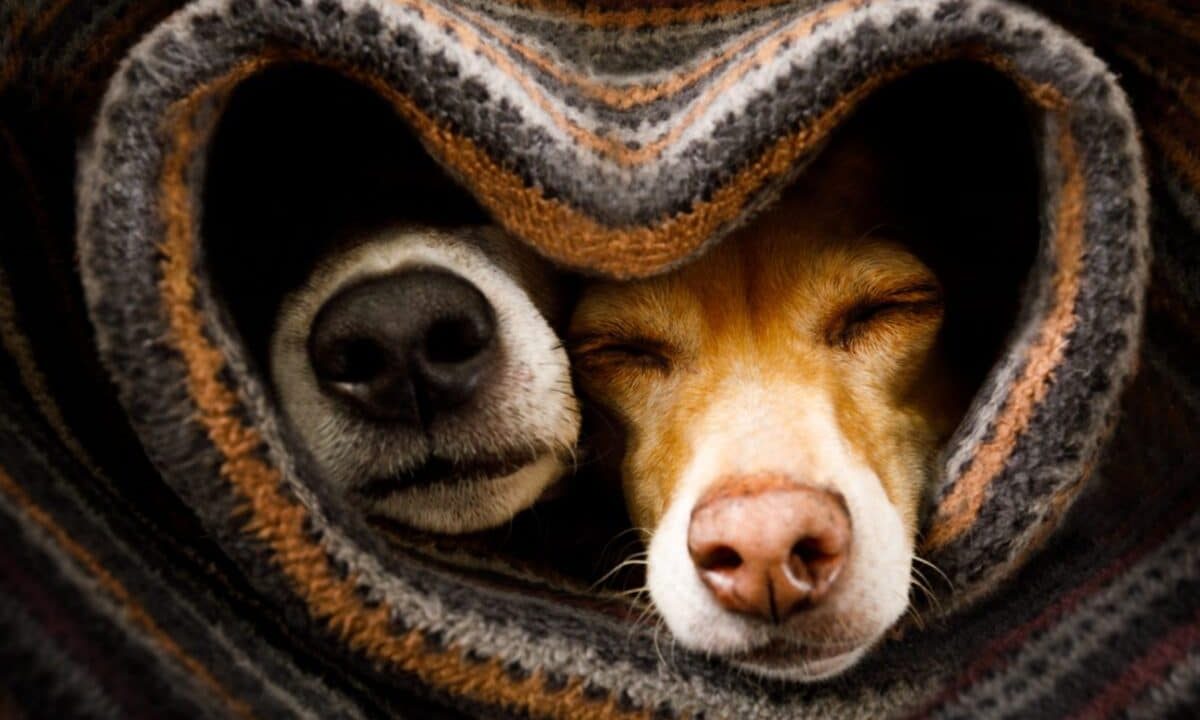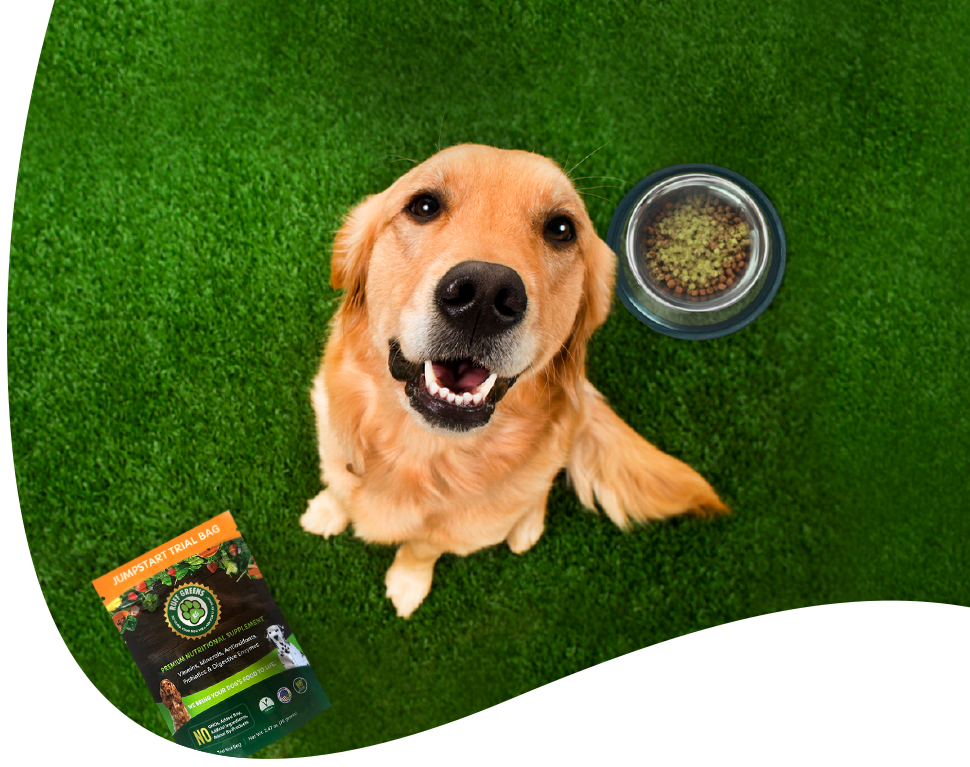
As pet owners, we all want to ensure our furry companions are getting the proper nutrition to stay healthy and happy. With so much information out there, it can be overwhelming to determine the best diet for your pet. In this blog post, we’ll provide the latest expert guidance on pet nutrition to help you make informed decisions for your four-legged family members.
Choosing the Right Pet Food
The foundation of your pet’s nutrition is their daily diet. When selecting a pet food, look for formulas that are complete and balanced, meaning they contain all the essential nutrients your pet needs. High-quality commercial pet foods that meet AAFCO (Association of American Feed Control Officials) standards are a great option.

When reading pet food labels, pay attention to the ingredients list. Look for whole, recognizable ingredients like meat, fish, vegetables, and whole grains. Avoid diets with a lot of fillers, by-products, or artificial additives. Additionally, choose a formula tailored to your pet’s life stage, size, and any health conditions they may have.
Transitioning to a New Diet
If you’re switching your pet to a new food, it’s important to do so gradually to avoid digestive upset. Over the course of 7-10 days, slowly introduce the new food by mixing it with their current diet, gradually increasing the ratio of new to old. This gradual transition allows your pet’s gut microbiome to adjust, preventing issues like vomiting, diarrhoea, or loss of appetite.

Supplements and Treats
While a complete and balanced diet should provide all the necessary nutrients, some pets may benefit from additional supplements. Discuss any supplement needs with your veterinarian, as they can recommend safe and effective products for your pet’s individual requirements.

When it comes to treats, opt for healthy, natural options that are low in calories and free of artificial preservatives. Training treats, fresh fruits and vegetables, and limited portion sizes of your pet’s regular food can make great, nutritious snacks.
Hydration and Portion Control
Proper hydration is crucial for your pet’s overall health. Ensure they have access to clean, fresh water at all times. For cats, providing multiple water sources throughout the home can encourage drinking.

It’s also important to feed your pet the appropriate portion sizes for their age, size, and activity level. Overfeeding can lead to obesity, which puts strain on your pet’s joints and increases the risk of other health problems. Consult your veterinarian to determine the right portion sizes for your furry friend.
By following these nutrition guidelines and working closely with your veterinarian, you can help ensure your beloved pets receive the balanced, high-quality diet they need to thrive. Follow for more!













